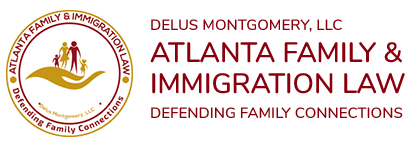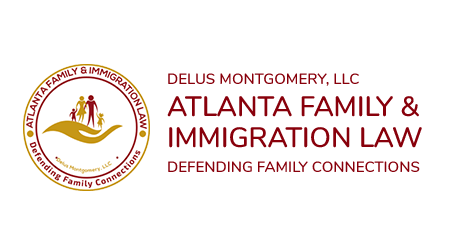WHICH EMPLOYMENT VISA IS THE BEST FIT FOR ME?
Foreign nationals who wish to work in the U.S. must obtain an employment visa. The U.S. offers many different types of visas for those with citizenship outside the country. The right one for you will depend on your skills, education, or whether you have already secured an offer letter from a prospective employer.
Types of Employment Visa in the U.S.
TEMPORARY WORKERS
Temporary worker visas allow nonimmigrants to legally work in the United States for a short period of time. There are several types of visas in this category designed for a variety of worker classifications, including:
- CW-1: For CNMI (Commonwealth of the Northern Mariana Islands) employers who want to hire aliens who are ineligible for nonimmigrant worker categories.
- E-1: Allows nationals of a treaty country to enter the U.S. strictly for the purpose of international trade on his or her own behalf. Items of trade can include (but are not limited to) goods, services, insurance, transportation, technology, tourism, and international banking.
- E-2: Allows nationals of a treaty country to enter the U.S. if they invest substantial capital in a U.S. business. To qualify, you must demonstrate at least 50% ownership of the enterprise or operational control, such as a managerial position.
- E-2C: A CNMI-only investor visa allowing long-term foreign investors to remain in CNMI while resolving their immigration status.
- E-3: Designed for nationals of Australia entering the U.S. to provide services in a specialty occupation.
- H-1B1, H-1B2, H-1B3: These visas are designed for foreign nationals who want to: perform services in specialty occupations, participate in research and development projects for the Department of Defense (DOD), or provide services as a prominent fashion model.
- H-1C2: Allows foreign nurses to enter and work in the U.S. as a registered nurse in areas where there is a shortage of health professionals. Nurses must have a full and unrestricted nursing license in the country where their nursing education was acquired.
- H-2A: For temporary foreign agricultural workers. This visa can be extended in increments of up to one year and three years maximum before seeking readmission.
- H-2B: For temporary foreign non-agricultural workers.
- H-3: A nonimmigrant visa that allows foreign nationals to enter the U.S. to: receive training (excluding graduate medical training or education) that is not available in their home country, or participate in an exchange program that provides training for educating children with special needs.
- I: Allows international reporters, editors, film crews and those of similar occupations to enter the U.S. and engage solely in this profession.
- L-1A: Allows executives or managers to transfer to a company’s U.S. office from one of its foreign offices.
- L-1B: Allows employees with specialized knowledge to transfer from a foreign office to a U.S. office to provide service.
- O-1: Designed for individuals with exceptional ability or achievement in arts, sciences, business, education or athletics (O-1A). Also applies to those with extraordinary achievement in the film or television industry (O-1B).
- P-1A: Allows athletes from other countries to enter the U.S. strictly for the purpose of participating in an athletic competition either individually or as part of a team.
- P-1B: Allows individuals to enter the U.S. temporarily to perform as part of an entertainment group.
- P-2: Designed for entertainers and artists who want to perform in the U.S. under a qualifying reciprocal exchange program.
- P-3: Aimed at artists or entertainers who want to perform in the U.S. under a culturally unique program.
- Q-1: Designed for persons who want to participate in an international cultural exchange program.
- R-1: Allows foreign nationals to enter the U.S. temporarily to work as a minister or in another religious occupation.
- TN: Permits qualified citizens of Mexico and Canada to seek temporary entry into the U.S to engage in professional business activities.
PERMANENT WORKERS
The U.S. offers approximately 140,000 permanent worker visas for foreign nationals who want to immigrate based on their work skills. There are five types of immigrant visa preferences in this category:
- EB-1: Reserved for those with extraordinary abilities in the arts, sciences, business, education, or athletics. This can include business executives, or exceptional professors and researchers.
- EB-2: Reserved for those holding advanced degrees or for those with exceptional abilities in science, art, or business.
- EB-3: Designed for skilled workers, professionals, and other workers.
- EB-4: Reserved for “special immigrants,” such as those working for U.S. foreign service posts or religious workers.
- EB-5: For those who make a substantial investment in a new commercial enterprise that employs at least 10 U.S. workers full-time.
STUDENTS AND EXCHANGE VISITORS
Those who want to pursue vocational or academic studies in the U.S. may qualify for a nonimmigrant student work visa. An additional category of visas is available for exchange visitors.
Navigating the complex world of U.S. employment visas can be challenging to do on your own. If you need help obtaining an employment visa or with another immigration matter, contact an immigration attorney right away.





